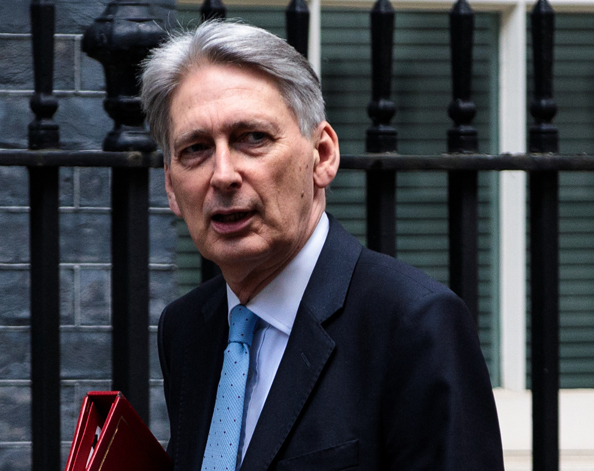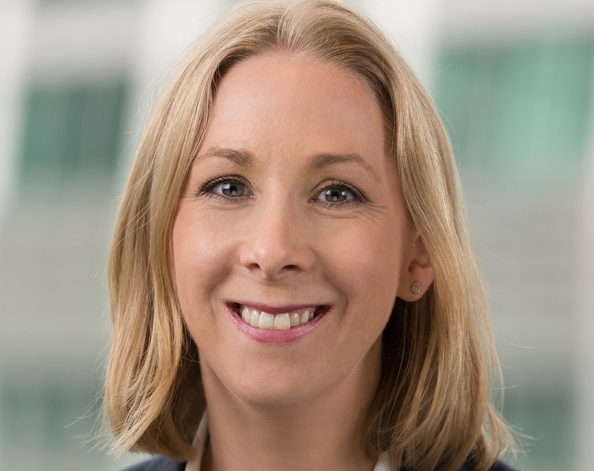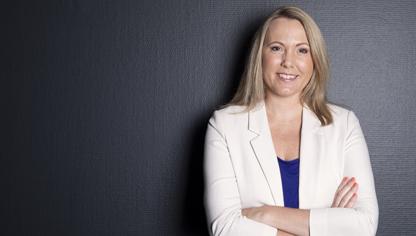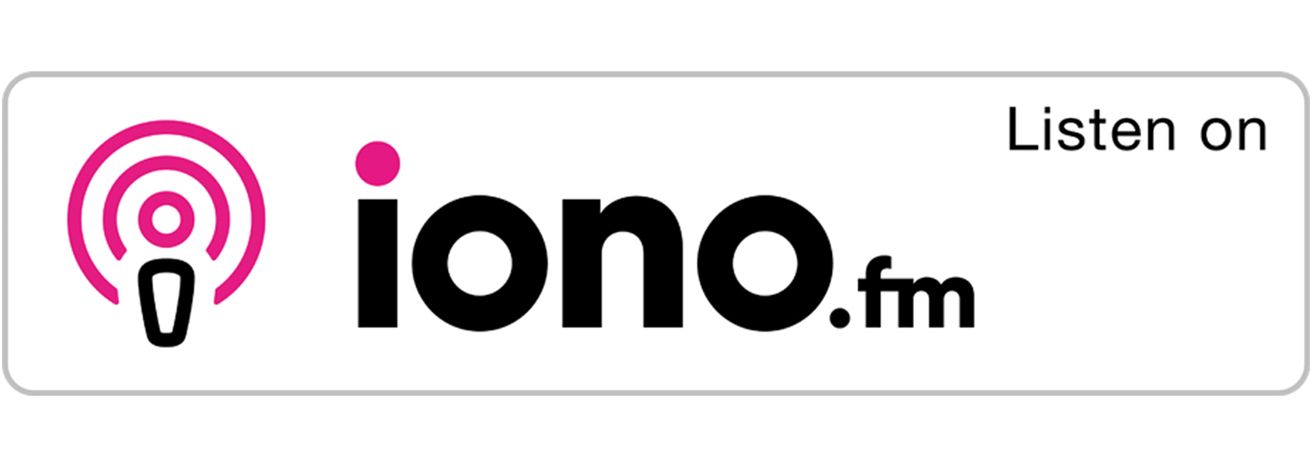As economists and investment strategists attempt to quantify the short-term impact of the pandemic, they are also looking at the world that will emerge on the other side. How will governments pay for the “eye-watering” fiscal stimulus provided? How easily will they be able to unwind their interventions? And what will the geopolitical landscape look like post-pandemic?
To answer these questions, Investec Wealth & Investment spoke to British Conservative politician Philip Hammond, former Chancellor of the Exchequer from 2016-2019.
We also interviewed Victoria Clarke, an economist at Investec UK and former senior economic adviser to the UK Cabinet Office; and John Haynes, Chairman of Investec’s Global Investment Strategy Group (GISG) and Head of Research for Investec Wealth & Investment UK.
While no one is certain of the exact shape of the recovery curve, the panel of experts agree that the global economy will bounce back this year, albeit with some structural damage.
“Our view of the curve is that we will start to see a withdrawal of some of these restrictive measures within the next month to six weeks,” says Haynes. “Slowly you’ll start to see demand returning and a rapid move upwards in global growth to something close to 95% to 98% of the pre-crisis level, and then you’ll start to see a slower curve.”
Likening the global lockdown to shutting down an engine, Investec’s GISG believes that the massive fiscal and monetary policies being implemented while the engine is off – the petrol and the oil respectively – are sufficient to protect the “economic fabric” so that when the demand restrictions are lifted, it will be able to fire up successfully.

Slowly you’ll start to see demand returning and a rapid move upwards in global growth to something close to 95% to 98% of the pre-crisis level, and then you’ll start to see a slower curve.
The future impact on retailers and global supply chains
The predicted bounce back will not be without casualties, however. “There will be some structural damage to our economies, and they will change shape,” says Hammond. “I suspect there will be a lot more home working, a lot more online shopping everywhere, a lot less high street retail in all economies. Some sections of the leisure industry may never fully recover.”
World trading patterns will also be impacted after global supply chains have been found wanting during this crisis.
“Across the globe, people will be looking from a national security perspective at the way trade supply chains work and will be asking whether we need to mandate the building in of greater resilience," says Hammond.
“I can’t imagine, for example, that in the UK the public isn’t going to want to see some greater domestic capability to produce vital medical supplies and equipment in case there’s a further crisis of this nature. We already do this in the military sphere.”
A question mark also hangs over what impact the crisis will have on Brexit, says Clarke. “Will it make the EU and the UK more or less inclined to go for a freer, more integrated trading arrangement to drive the upturn? Or perhaps given that there’s more resilience or security in having more of a domestic process, this will reinforce the dynamic of onshoring?”
Prefer to listen in the car?
Download the podcast of the full discussion between Philip Hammond and the Investec experts and listen on the go.
Subscribe to Investec Focus Radio SA

We have to accept that in the short term there’s going to be considerable pain. But this isn’t a war, the productive infrastructure of economies is not being destroyed. The shock to supply is temporary and it will bounce back.
Who will pay for the fiscal and monetary packages?
With the US injecting a staggering $2 trillion stimulus package into its economy (accounting for 10% of its GDP in comparison to 5% that was spent during the Global Financial Crisis) and the UK pumping in GBP 200bn (8% of UK GDP in deficit terms), fiscal costs are mounting, and there is likely to be even more stimulus required, says Clarke.
Post the crisis, US debt-to-GDP is estimated to rise to somewhere between 80% and 100% by the end of the decade. In the UK, it’s expected that public debt will also peak above 100% of GDP beyond 2025.
“Across economies globally we really are looking at some eye-watering fiscal numbers, and questions will be asked about what should be done to bring those debt trajectories back to something which most governments would feel more comfortable with,” says Clarke.
While the UK has worked hard to bring down its debt over the past 10 years, the extraordinary package of stimulus is going to need to be paid for, says Hammond.
“We will have to work out who’s going to bear the costs of this crisis and apportion it through borrowing to future generations, through taxation and spending restrictions for current generations, or through allowing more inflation.”

Across economies globally we really are looking at some eye-watering fiscal numbers, and questions will be asked about what should be done to bring those debt trajectories back to something which most governments would feel more comfortable with.
Unwinding intervention is easier said than done
It’s much easier for governments to intervene than to unwind that intervention.
Globally, this will need coordination by the G20 and OECD, particularly when it comes to deciding what emergency trade measures are still legitimate and for how long they will be so post pandemic.
“In a crisis, it’s relatively easy to get people to play along. Once the crisis is over and we’re on the recovery slope, the temptations to game the system will come back very quickly,” says Hammond.
Within domestic economies, interventions like bailing out the airline industry, the poster child for climate change, will be tricky to get out of.
The geo-political landscape post crisis
The panel agreed that the global polarisation seen before Covid-19 will accelerate once the crisis is over and that the issue of China will need to be dealt with very carefully.
China’s rise will continue unabated says Haynes, and post crisis, it will find its voice even more.
“Taking China on via a trade war to rebalance the global power balance is never going to work,” says Haynes, who believes the world’s second largest economy is seeking a “respectful relationship” with the US and all its trading partners.
“I read the Chinese as understanding their interests as being a force for stability. The justification of any dynasty is that they have the mandate of heaven – they provide stability for their people.”
“But if they get pushed too far by the way people decide to aggressively pursue a single interest slicing of the economic cake, then, a little like Saudi Arabia and Russia have decided to do a beggar-my-neighbour strategy in the oil markets, there is no guarantee that China wouldn’t do the same thing for trade markets, in order to make a point,” concludes Haynes.
Hammond agrees. “The key thing here is whether the Western powers are going to allow the international institutions that we have to evolve in a way that gives China a reasonable bite of the cherry. If we want China to be pro the status quo, then we have to make the status quo work for China.” However, if the Western powers continue to keep China out, then it will start to set up rival institutions, he says.
Trust us to manage your wealth today
A vision for the future
“We have to accept that in the short term there’s going to be considerable pain, we don’t know the shape of the recession that’s coming. But this isn’t a war, the productive infrastructure of economies is not being destroyed, it is still there. The shock to supply is temporary and it will bounce back,” says Hammond.
“I suspect we will demonstrate resilience, and there will finally be a need to revisit the way we operate our economy and global supply chains to ensure that resilience in our trade structures is there in the future in a way that perhaps it hasn’t demonstrated over the last few weeks,” he concludes.
Please refer to the W&I Webinar Disclaimer and Data Protection Notice for the terms and conditions governing W&I webinars.
About the author

Ingrid Booth
Lead digital content producer
Ingrid Booth is a consumer magazine journalist who made the successful transition to corporate PR and back into digital publishing. As part of Investec's Brand Centre digital content team, her role entails coordinating and producing multi-media content from across the Group for Investec's publishing platform, Focus.
Get Focus insights straight to your inbox








